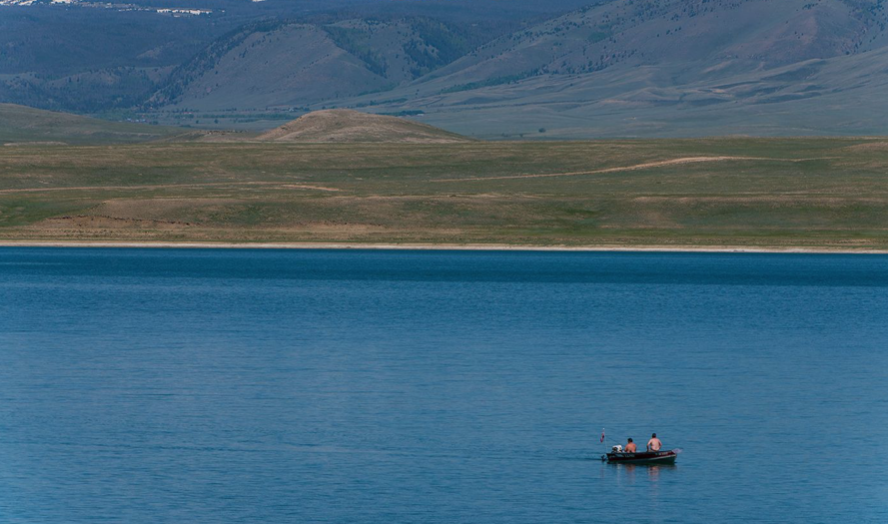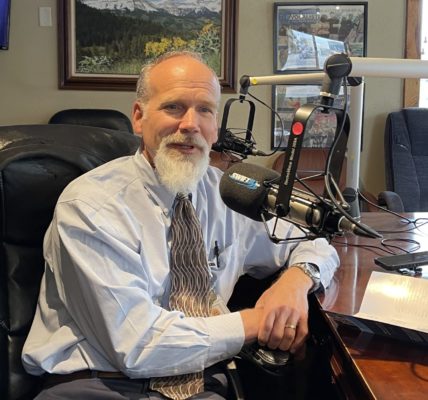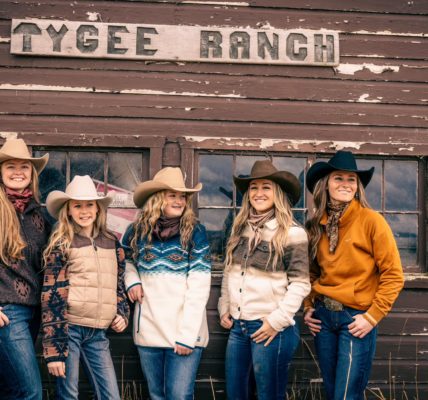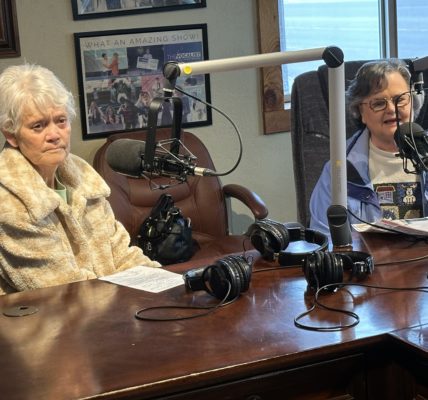
By Daniel Bendtsen
Laramie Boomerang
Via- Wyoming News Exchange
LARAMIE — Four Laramie women face criminal prosecution after they allegedly ignored orders to quarantine after being suspected of having COVID-19.
Albany County prosecutors charged each of the four women — Darbi Buckmiller, Hannah Siderfin, Rachel Gaydos and Alexanna Dewaard — with misdemeanors Wednesday for violating public health orders.
Three are University of Wyoming students.
Buckmiller, Dewaard, and Gaydos are all roommates living in Laramie.
Gaydos is the only defendant who wasn’t enrolled in classes this spring.
According to a UW press release, university officials are following public health protocols to ascertain whether the individuals, who live off campus, visited any UW facilities — and, if so, to notify any employees or other students who might have had contact with them.
“We support local law enforcement and public health officials in their efforts to enforce restrictions related to the COVID-19 pandemic,” UW President Neil Theobald said in the press release. “We continue to urge our students and employees to follow all public health guidelines, and we are serious about the measures being taken to prevent the spread of the virus in our community. Our expectation is that the students will learn from this experience — and that our student body as a whole will exhibit the UW Cowboy characteristics of working together to keep our campus and community safe.”
After the roommates were suspected of contracting COVID-19, the trio were issued quarantine orders May 22 by State Public Health Officer Alexia Harrist.
Wyoming statute gives the state health officer the power to “enforce isolation and quarantine … of the people within this state as the state health officer may find necessary for the protection of the public health.”
Buckmiller, Dewaard, and Gaydos were ordered last week “to remain at (their) home and to not leave (their) home unless seeking medical care until notified in writing that the incubation period had passed, and they were no longer suspected of being contagious, which was anticipated to be until June 5, 2020,” according to affidavits of probable cause signed by Albany County Health Officer Jean Allais.
Allais’s staff contacted all three women May 22 and the county health officer personally contacted Buckmiller again Sunday to provide “additional information on isolation and quarantine.”
According to Allais’s affidavit, she received information indicating Dewaard and Gaydos were at Ridley’s on Saturday at about 3:30 p.m.
Siderfin, a friend of the three roommates, was ordered to quarantine Monday, and Allais’s staff contacted her that day and again on Tuesday to explain the quarantine requirements.
According to the affidavit, Allais was shown Snapchat videos of all four women spending time at Lake Hattie on Tuesday afternoon.
On Wednesday, Gaydos allegedly “spent an evening at (a) location other than her home.”
Allais said she’s received additional information about all four women leaving their homes at other times in the past week.
Harrist authorized a criminal prosecution Wednesday.
Wyoming Department of Health spokeswoman Kim Deti told the Boomerang in an email it’s believed to be “the first instance of prosecution of this nature during the current pandemic.”
Statute states that a person who “shall fail or refuse to obey any lawful order issued by any state, county or municipal health officer” can be imprisoned for up to a year and fined up to $1,000.
The constitutionality of such health orders has become increasingly debated since the outset of the coronavirus pandemic.
“(A quarantine order) strikes me as something that would be within the state’s sovereign power,” said Stephen Feldman, a distinguished professor of law at the University of Wyoming who specializes in Constitution law. “The state has a lot of power to regulate for the health and well-being of its citizens, and this seems to fall into that category.”
However, like many Constitutional issues, quarantine orders present a “gray area,” he told the Boomerang.
“I don’t know of any issues (in Constitutional law) that are black and white unless you accept certain assumptions and don’t question them,” he said. “Constitutional issues are always political. That’s the nature of Constitutional law. It intertwines with politics always — it’s just that some Constitutional issues are more politically salient than others.”
Feldman suspects the most cogent arguments for challenging the constitutionality of the enforcement of specific quarantine orders would hinge on a person’s due process rights.
“Does that mean the state can’t infringe on narrow rights in exercising its police power? No, the state can do that. That’s part of exercising its police power,” Feldman said.
An April article from the American Bar Association states that a state’s right to order a quarantine is protected by the U.S. Constitution’s 10th amendment.
U.S. Supreme Court Justices indicated in a 1824 case that quarantine laws do fall under a state’s police powers. In 1902, the Supreme Court determined that Louisiana had the right to enact and enforce quarantine laws unless Congress explicitly preempted those powers.





